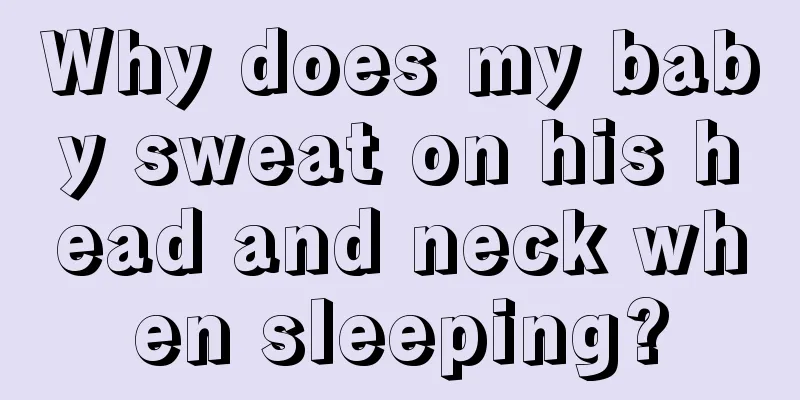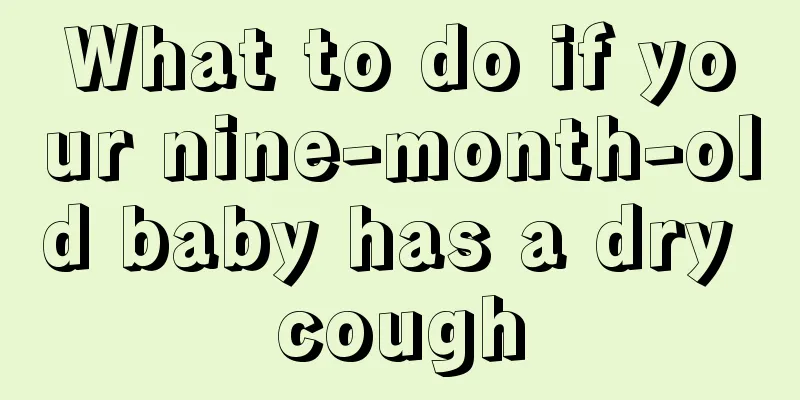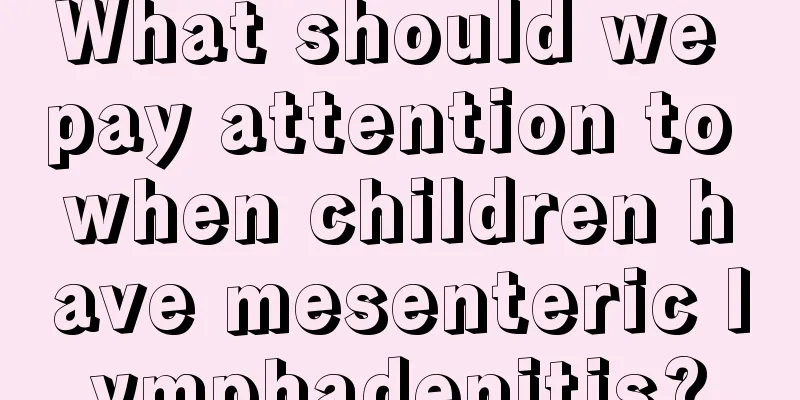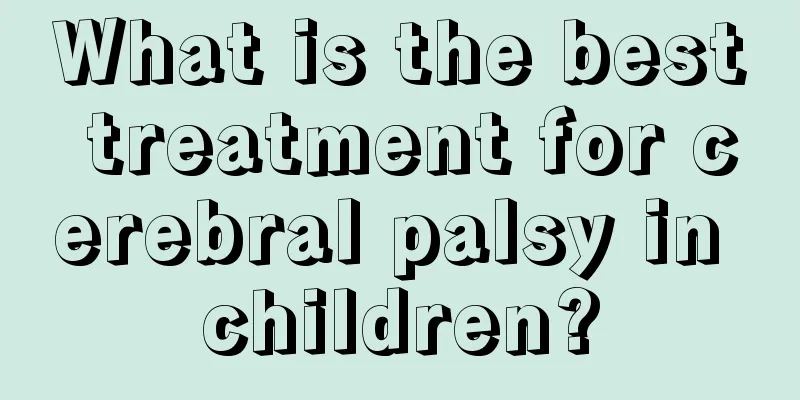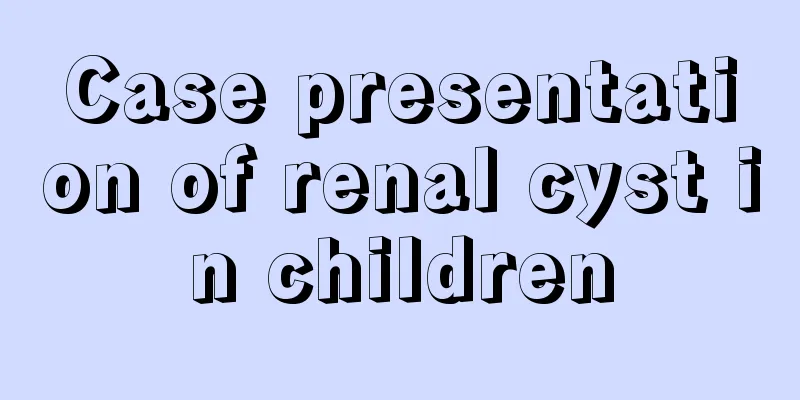Reasons for cold hands and feet in babies
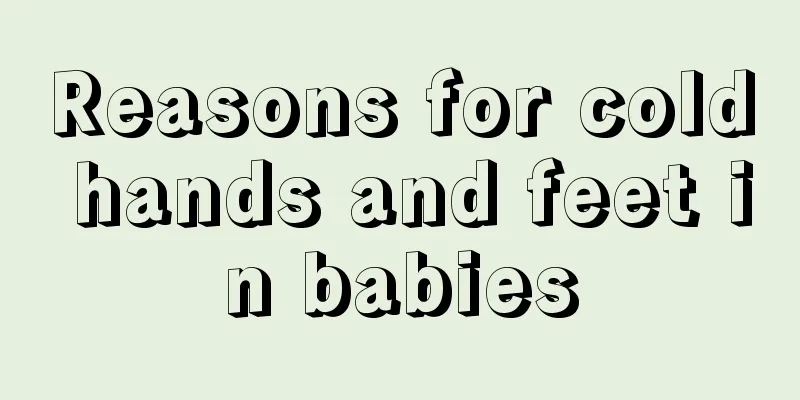
|
The baby's hands and feet are cold. For a newborn baby, it is the first time for them to come into this world, so they are more sensitive to this world and are prone to some conditions, such as fever, cold, diarrhea, etc., but these are all normal conditions. As long as young parents can discover them early and treat them early, it will be fine. As for why babies have cold hands and feet, we will introduce to you. This situation is often seen in clinical practice. The child has a high fever but cold hands and feet. After the body temperature gradually drops, the hands and feet slowly become warm again. In fact, this is a phenomenon of false cold and real heat. Although the child's hands and feet are cold, his internal organs are in a feverish state. This is especially common in infants under 3 years old. Children's limbs contain less blood than their internal organs, and the blood supply to their limbs is insufficient, so they are more likely to feel cold than adults. In addition, the development of children's nervous system is not yet complete, and the autonomic nervous system responsible for managing vasodilation and contraction is prone to disorder, resulting in the small blood vessels at the ends of the limbs being in a spasmodic contraction state and becoming cold when high fever first occurs. Unfortunately, many parents, upon noticing their children's cold limbs, mistakenly believe that their children have caught a cold and are afraid of the cold, and immediately wrap the children tightly with quilts. As a result, the children's body temperature cannot be dissipated in time and keeps rising, causing high fever and convulsions, which has an adverse effect on the children's physical recovery. When a child's hands and feet are cold, parents can measure the child's temperature with a thermometer, touch the child's armpits, or feel the temperature of the child's exhaled air face to face. Breastfeeding mothers can also determine whether the child has a fever by feeling the warmth of the child's mouth through the nipple while breastfeeding. If a child's hands and feet are cold, but his armpits, forehead, mouth and other parts are burning, timely antipyretic measures should be taken and the child should go to the hospital to find out the cause of the fever. Because children's nervous systems are not fully developed, they have less brown fat, a relatively large body surface area, and poor peripheral blood circulation, so their hands and feet are cold. Cold hands are generally not a big problem, and cold feet may be due to poor warming. Pay attention to keeping warm and observe any changes. You can wash your feet with hot water before going to bed and rub your lower limbs with your hands. Don't worry as long as your baby is healthy and has no other adverse symptoms. Generally, this will happen if the baby is exposed to the outside. When the baby is asleep, the hands will usually be a little cold. This is mainly because the baby's hands are stretched out outside and therefore they are cold. If the baby's limbs are very cold when sleeping, you may need to pay attention. If the baby wakes up, it is understandable that the hands and feet are not very warm. The above is our detailed introduction to the reasons why babies have cold hands and feet. This situation is relatively common in clinical practice. Generally, children will have cold hands and feet after they have a fever. Only after the body temperature gradually drops, will the hands and feet slowly return to temperature. Therefore, our parents need to carefully care for the healthy growth of their babies. |
<<: What to do if your child has a stomachache
>>: Reasons for babies sweating while feeding
Recommend
What fruits are good for children with cold and cough
Our traditional Chinese medicine believes that co...
What should I do if my child is afraid of people and timid?
It is a very common phenomenon in life that child...
14 types of children are born with high IQ, don't bury your children
Many children are born with high IQs, which requi...
How to determine if a baby has brain hypoxia?
If the baby's brain hypoxia is not treated in...
What to do if a five-year-old boy is constipated?
Constipation is a common disease in life. For som...
What should babies eat if they are allergic to milk?
Babies like to drink milk, but some babies are of...
Dietary supplements for children with anemia
Children often have symptoms of anemia. I'm s...
How to treat baby's malnutrition and spleen deficiency
Spleen deficiency is a very common disease. It ca...
What causes premature babies to have cerebral palsy?
Premature babies are more likely to suffer from c...
What to do if your child vomits after eating something cold
Although children's bodies are in the golden ...
Do all children's baby teeth need to be replaced?
Deciduous teeth are teeth that exist in childhood...
What should I do if my child has mild encephalitis?
Encephalitis refers to an inflammatory lesion cau...
What to do if the baby is scared
For many children, they are relatively timid. If ...
Symptoms of left brain hypoplasia in babies
What parents worry about most in their lives is t...
What to do if a child falls on his head and gets a bump
Children generally have a poor sense of crisis an...
